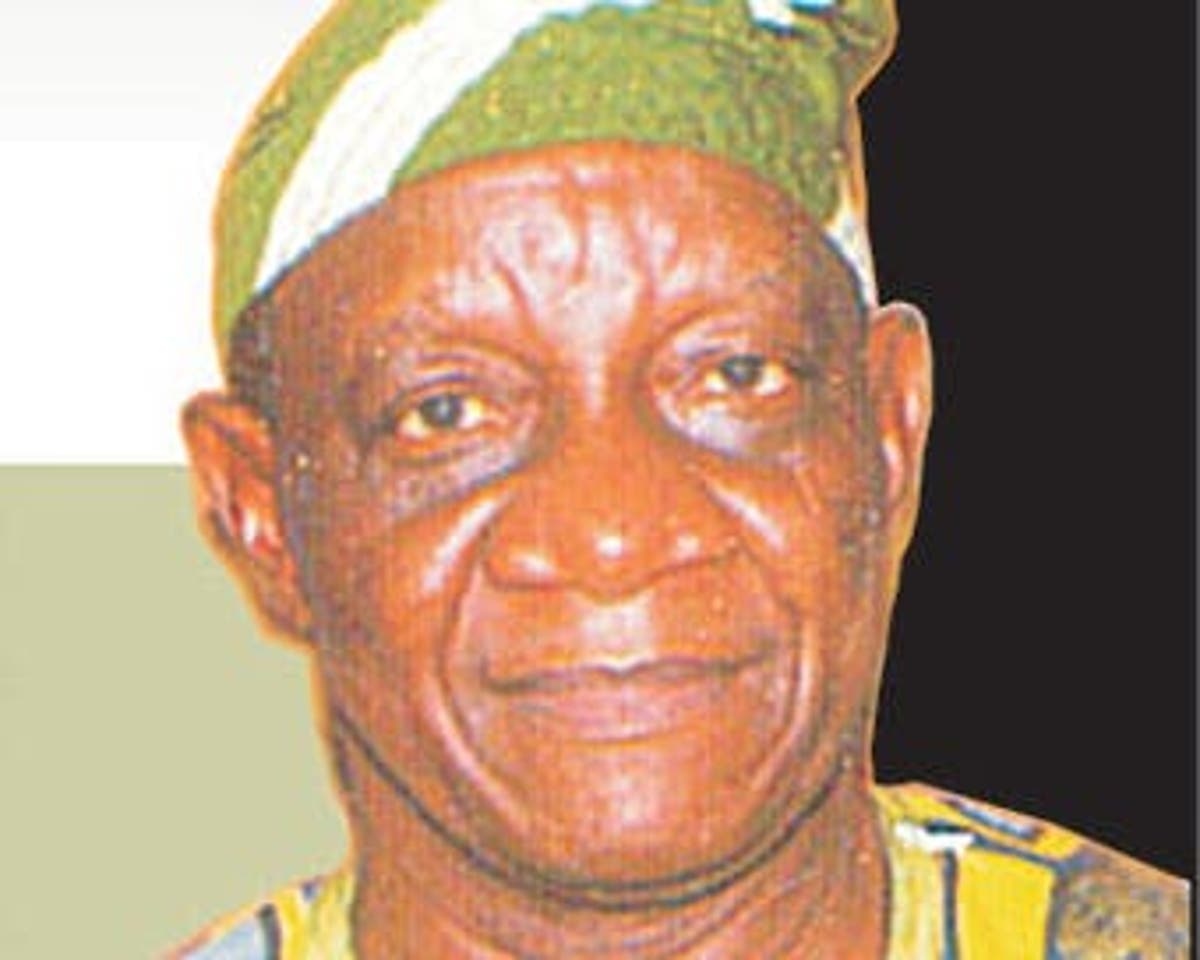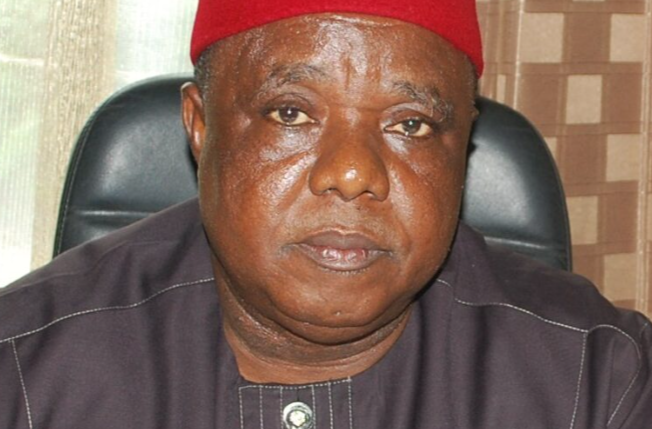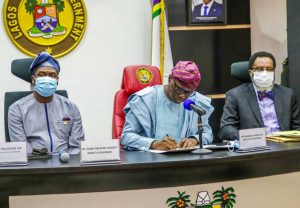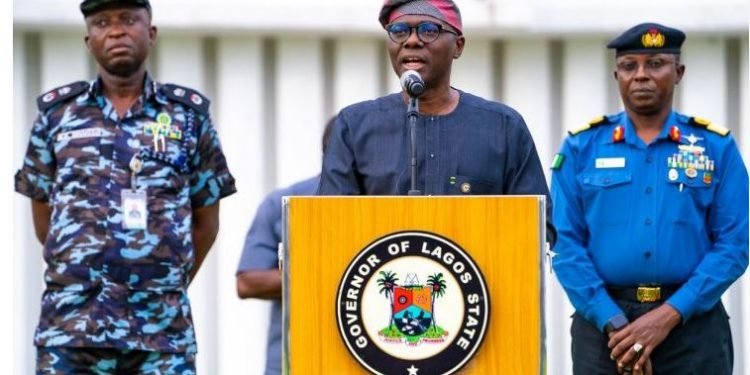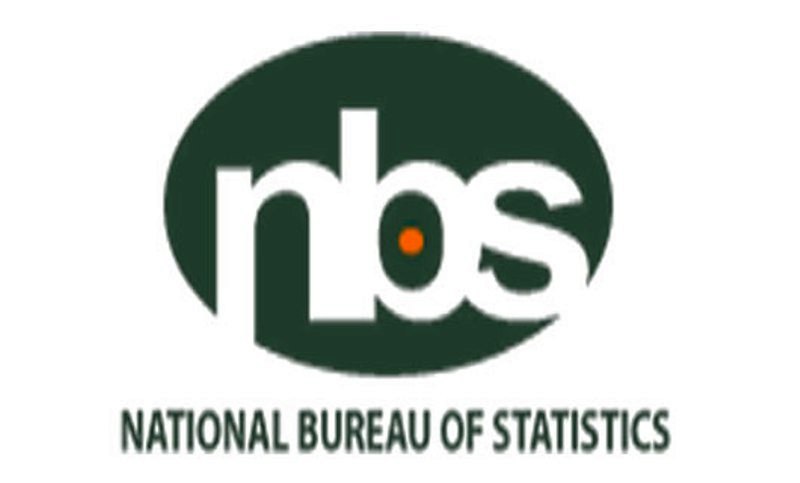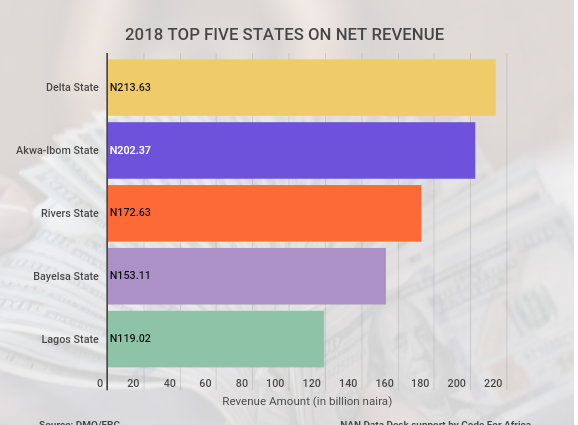“Impose special taxes on alcohol, tobacco, World Bank tells Nigeria.”
That was news report published last week. It coincided with my search for archived notes made during seminars and workshops during the debate on whether or not to introduce the Value Added Tax, VAT. As usual, the socialists and Labour leaders, who found nothing wrong with multiple Sales taxes, concluded that VAT will increase prices and inflation. That was all they saw in it. They were partly correct. Prices would go up slightly; but not by much since Sales Taxes would be abolished. The inflationary impact would however occur only once – at the time of introduction. Thereafter, prices stabilise.
Incidentally, the same socialists and Labour officials ignore the impact of salary and wage increases on prices and inflation. Any good student in 100 Level Economics can easily tell them that wage increases produce the same result on selling prices of goods or provisions of services.
I was searching for my notes because, with everybody now being aware that the Federal Government and the states are in deep financial trouble, there is an urgent need for all governments to think of new ways to generate more revenue. I recollect that during the VAT debate, the issue of separating alcohol and tobacco from other items subject to VAT was discussed. The suggestion was made then to impose 10 per cent tax alcohol and tobacco – both of which created social maladies for which societies paid heavily. But, the idea was dropped on account of fear that it might derail the entire proposal.
“Sin taxes” are special taxes which governments place on social behaviour – alcohol consumption, smoking, prostitution and now cannabis — which they have tried unsuccessfully to discourage. It has been a simple matter of “if you can’t stop them , then tax them.” Make money out of bad habits.
Last week in Abuja, Mr Shubham Chaudhuri, Country Director for Nigeria of the World Bank Group, brought up the idea again; within the context of improving heath care in Nigeria. Here is what he said.
“If we want to improve healthcare in Nigeria, we need to tax those things that are killing us…The economic rationale for taxing these products is strong if we want to save lives and make a better and healthier Nigeria.”
While we in the 1990s focussed on just alcohol and tobacco, Chaudhuri wants us to include sugar-sweetened beverages. The idea of imposing the “sin” tax is not new and now that we have adjusted to VAT needs to be revisited. However, many Nigerian economists would argue that the consumption of sugar-sweetened beverages in Nigeria has not reached the epidemic levels experienced in advanced and even Middle Income Countries, MICs. Most Nigerians are still struggling with getting basic food items to eat, sugar-sweetened beverages are luxuries they can ill-afford. The cases for alcohol and tobacco are obviously different. The case for special alcohol tax is perhaps the strongest.
In addition to the long-term undesirable healthcare effects of alcohol consumption, its most pervasive negative impacts on society include the following: violence – including murder, involuntary homicide, rape, arson, assaults on women and girls and accidents. Nobody in Nigeria has accurate statistics on how many lives and properties lost annually on account of drunk drivers. It must certainly run into trillions of naira; at least, it must surpass what is budgeted annually for the Ministry of Health. If individuals cannot be prevented from drinking and driving, it makes economic sense to impose taxes and raise revenue to improve on the services available nationwide to people – including the drunkards themselves.
The case for increasing tobacco tax is not so obvious; at least not in Nigeria. The Tobacco Smoking (Control) Decree 20, 1990, introduced by the Babangida administration, when late Professor Olikoye Ransome Kuti was the Federal Minister of Health, was slow in getting public support. But, today in Nigeria, tobacco smoking is no longer the main concern. Nigerian youths have shifted massively from cigarettes to a lot of stuff that now have their parents and the kids climbing up the walls. Unfortunately, the Nigerian narcotics trade – now worth trillions – is all in the underground sector. Because they are illegal, there is no official record of transactions. No VAT is collected now; the prospect of increasing VAT revenue from that source is nil. On the whole, that means only VAT increase on alcohol remains the only sure bet. That should not be discarded however. Even, N60 billion additional revenue generated and directed annually at making incremental improvements in our healthcare sector can go a long way eventually in bringing us closer to the more advanced nations.
CORRUPTION – THE ELEPHANT IN THE ROOM
It is far easier to conceive of how to generate more revenue than for the funds to be spent for the services intended. The World Bank Country Director was speaking as if he was addressing an audience in Canada, Japan, Belgium or Singapore – nations where every kobo raised for a special purpose would be used as intended. There would be no diversions or embezzlement. Unfortunately, Nigeria has a different history and current experience. There is probably no Ministry, Department or Agency, MDA, at the moment, which is corruption-free. Raising more revenue might not result in improved healthcare as he envisages. It will certainly increase the pool of funds to be embezzled.
In that likely event, consumers of alcohol will be penalised twice – they will pay more for their pleasure; they still will not receive life-saving attention when they wrap their car around a lamp pole.
Now, as in the 1990s, I still think this is an idea worth trying for our own sake. Eventually, the Nigerian people will discover that if they don’t allow their votes to count on every Election Day, then the funds meant to provide services will continue to be stolen by elected officials and Civil Servants.
My biggest fear concerning this proposal is the timing. Coming so late in the year when people in government just want to wind down the clock, it might not receive the attention it deserves. From January next year until Election Day 2023, all our political leaders will have their attention on one thing – the Elections. And, Buhari will increasingly become a lame duck President. I fail to see who will drive the idea through the National Assembly, NASS – before this assembly passes into history. So, this is either an idea whose time is gone or whose time has not yet come. Nobody should expect any work to be done on this suggestion until at least 2023. It will be placed in the archive for the next President. Buhari will certainly not touch it.
